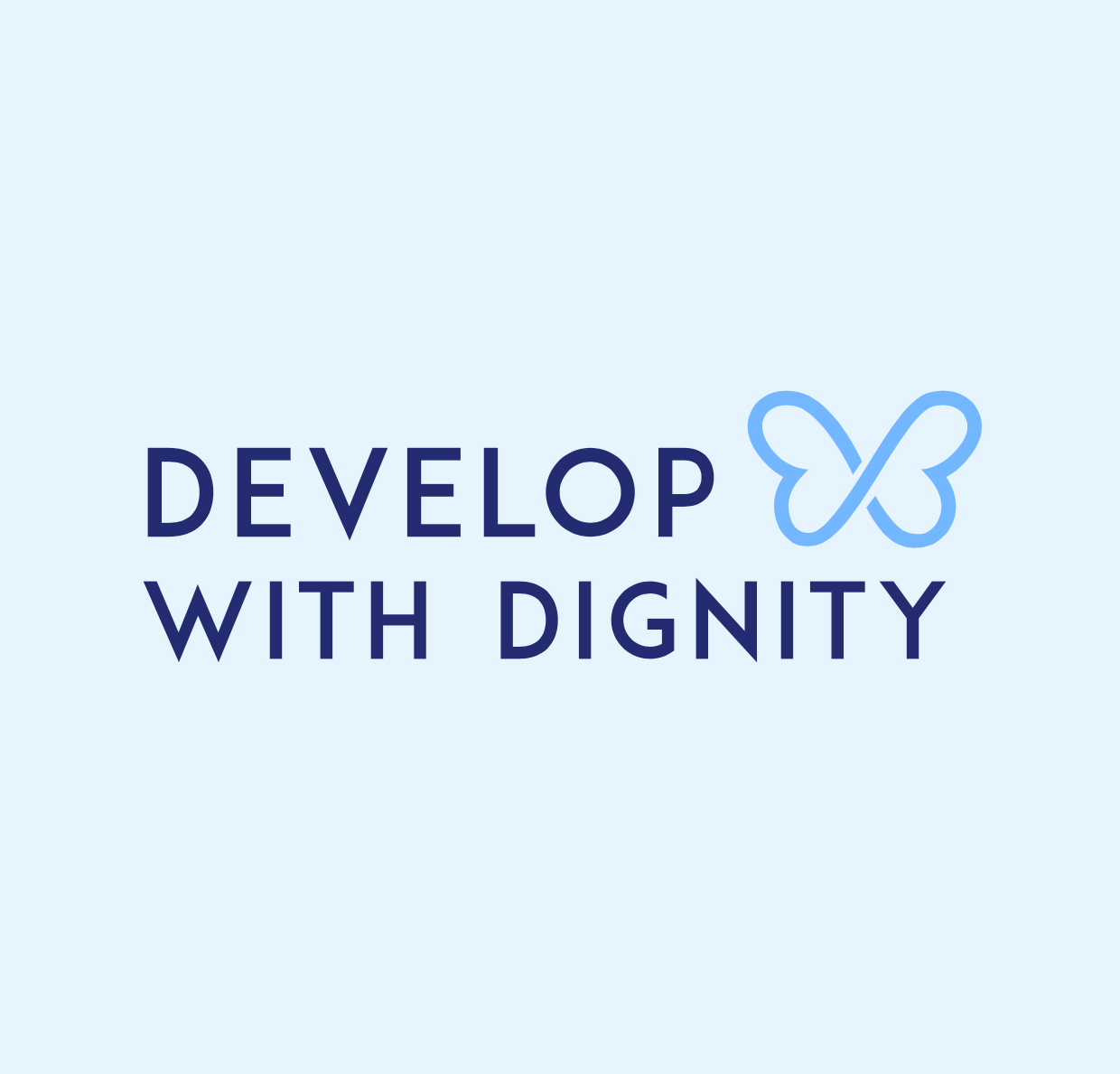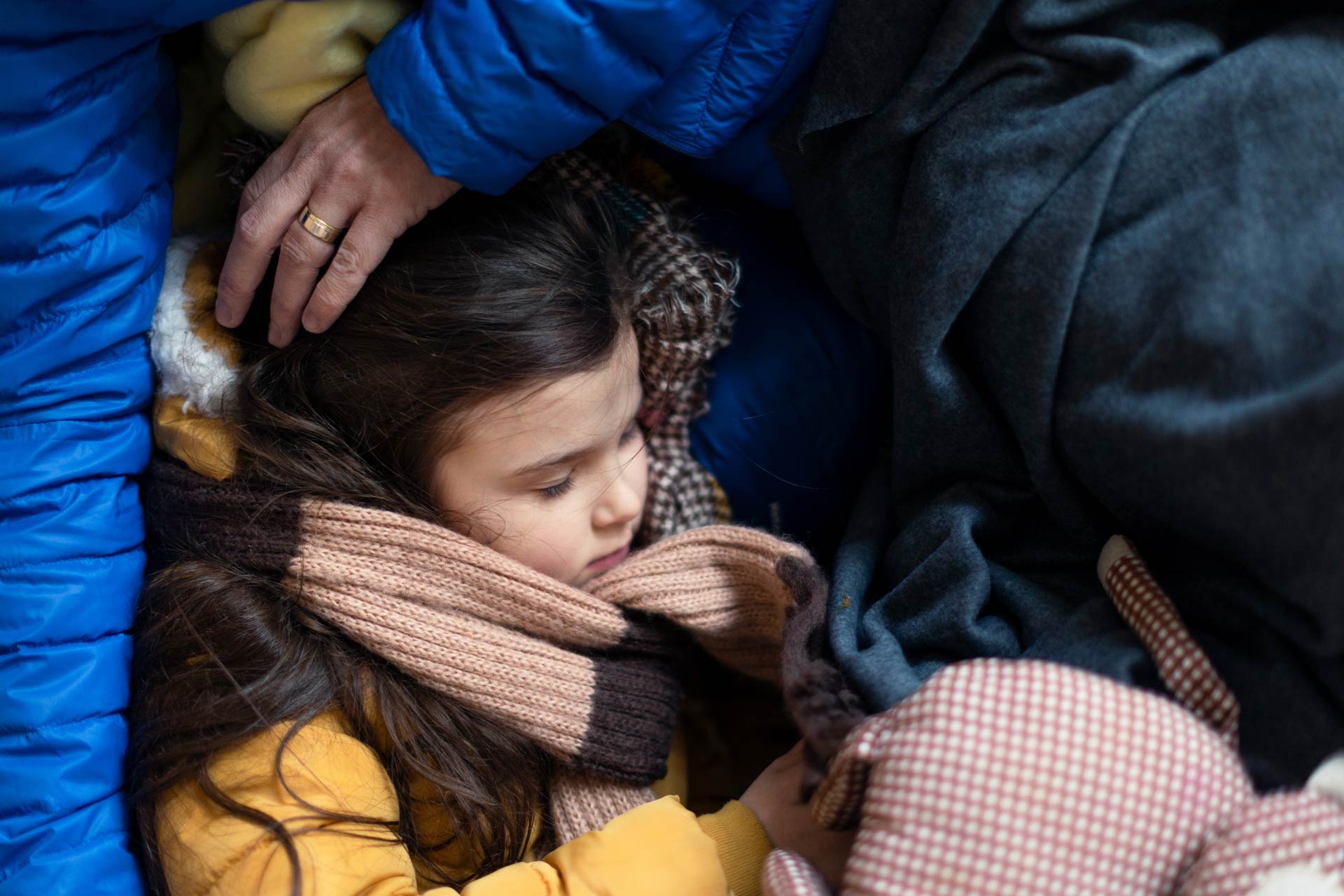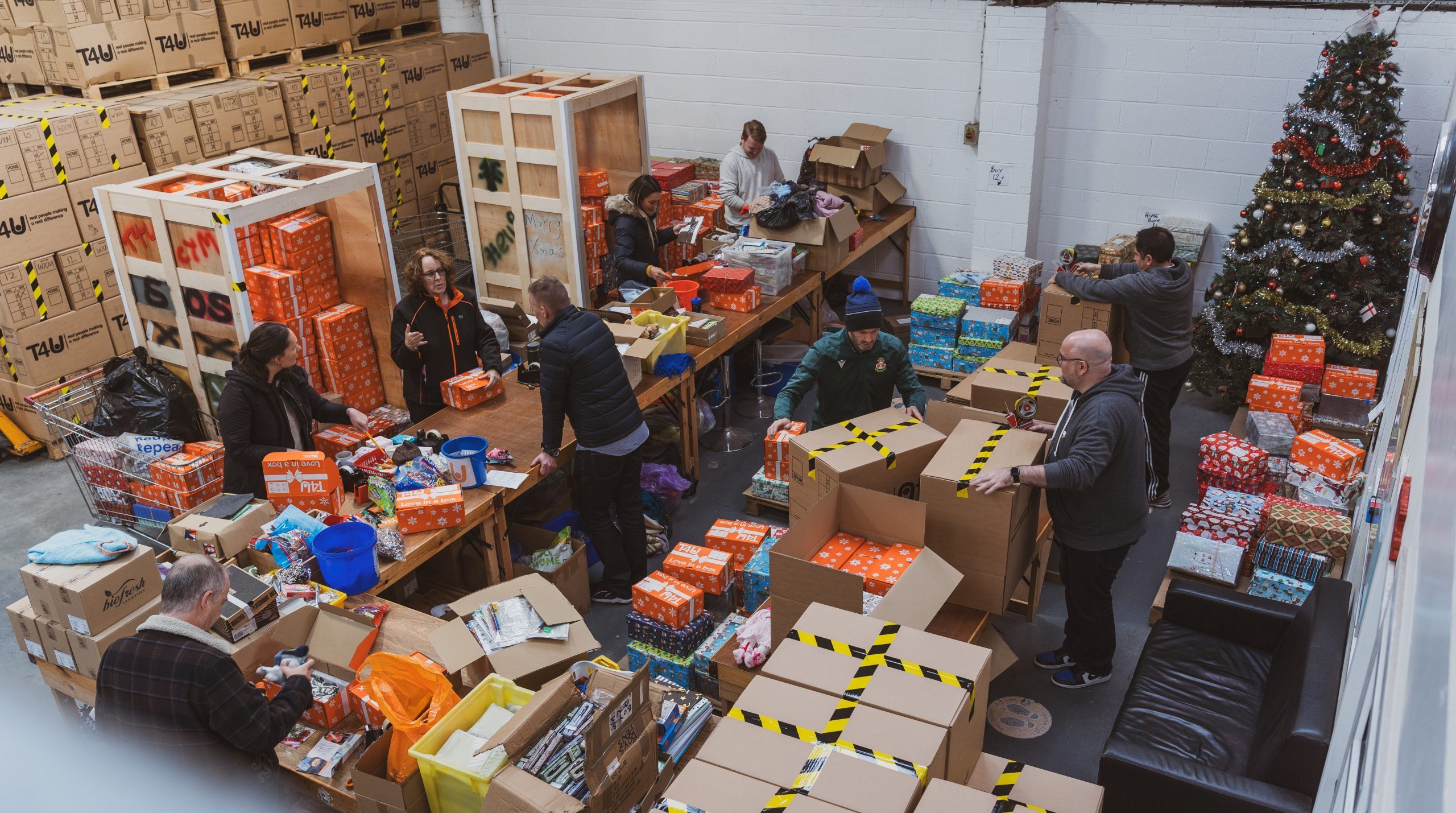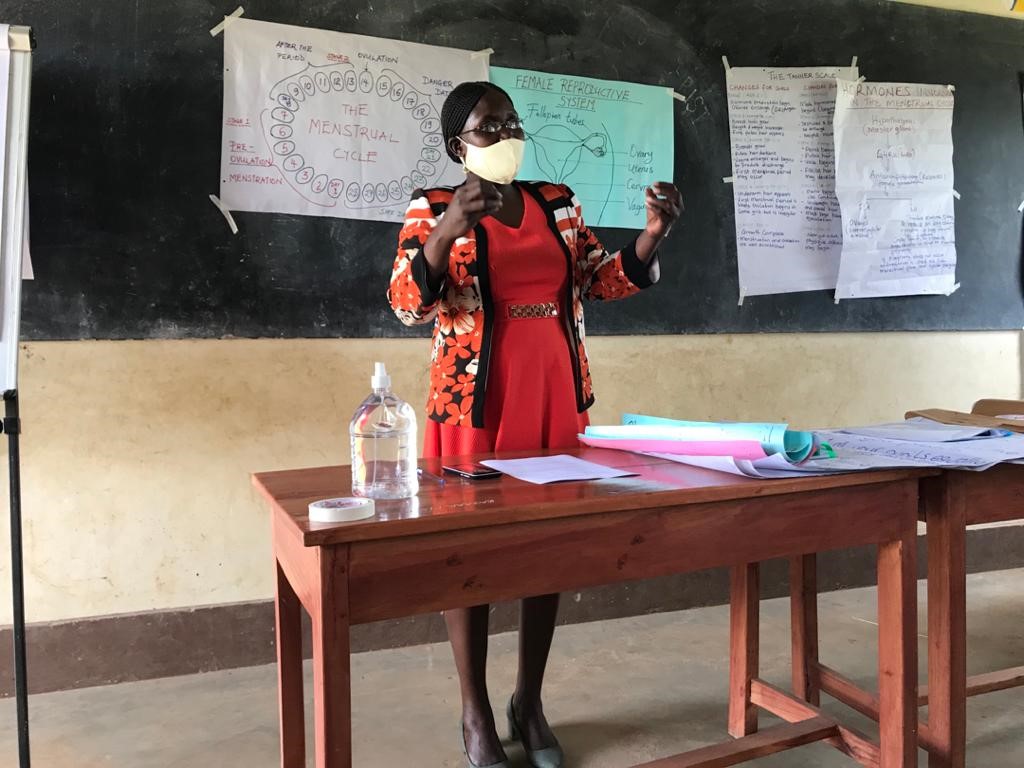It is estimated that, as a consequence of the pandemic, 24million children worldwide may not return to school.
Kumi District Schools Inspector, Okia Kesiron, informed us of the Education Office’s concerns that economic pressures, fears over child well-being, and increased teenage pregnancies, will prevent many coming back to class.
Teams4U, through the Wales and Africa Grant Scheme, have secured funding to support 20 primary schools in Kumi to ease the burden:
- Installing handwashing facilities outside school latrines
- Providing washable sanitary pads to pupils of menstrual age
- Supporting teachers to equip their pupils with basic knowledge on menstrual health and hygiene
This investment builds on years of challenging barriers to education, as we know that education is critical in reversing the cycle of poverty, tackling climate change and safeguarding futures.

Handwashing
Few schools in Kumi have access to plumbed water, relying on rain-water collection, bore wells and underground springs. Since 2017 we have been supporting schools to invest in improving their sanitation facilities by providing handwashing facilities outside latrines. These tanks need filled by nearby water sources but provide pupils with a resource to wash their hands directly after visiting the latrine. To date, T4U have installed 57 of these facilities across schools in the district and recorded a 27% drop in diarrhoeal-related school absence as a result.
Menstrual Health & Hygiene

A recent report from the District Health Office indicated that only 20% of the region’s teachers had received training on delivering Menstrual Health education, and the majority of these were trained by T4U.
According to the District Education Office, only 1 in 5 government funded schools provide a changing room for girls to change sanitary pads, forcing many to remain at home during their periods or attend school for half days. As part of this project we will be looking to research and pilot how to address this effectively in schools.

Providing Re-usable Sanitary Pads
Studies done by our partners pre-COVID suggested few pupils have regular access to sanitary products and often had to resort to creative methods, such as cutting up pieces of their mattress, to attempt to stay in school during their periods. The cost of supplying sanitary products can be prohibitive for many families and it is expected that the increased economic pressures caused by COVID will exacerbate this. We supply washable sanitary pads manufactured in Kumi that have been designed for use in rural communities.
We are excited about the project as this will be the first time we have been funded to provide such a comprehensive response, tackling both sanitation and menstrual provision in schools simultaneously.
Piloting Changing Facilities

In collaboration with Sanitation Africa Ltd, and Charu Ravikumar, a volunteer medical student from Liverpool University, we have begun a pilot project to review the importance of providing Changing Rooms as part of Menstrual Hygiene provision in schools.
83% of district primary schools across Kumi do not have changing facilities, which are often cited as necessary for girls’ to have privacy and space to handle menstruation, away from dark, cramped and foul-smelling latrines.
Funded by the Wales and Africa Grant Scheme, we have begun investigating the need for these facilities, and how they should be designed, to best serve pupils in these communities.
Please continue to support us to provide all schools in Kumi with these opportunities:






